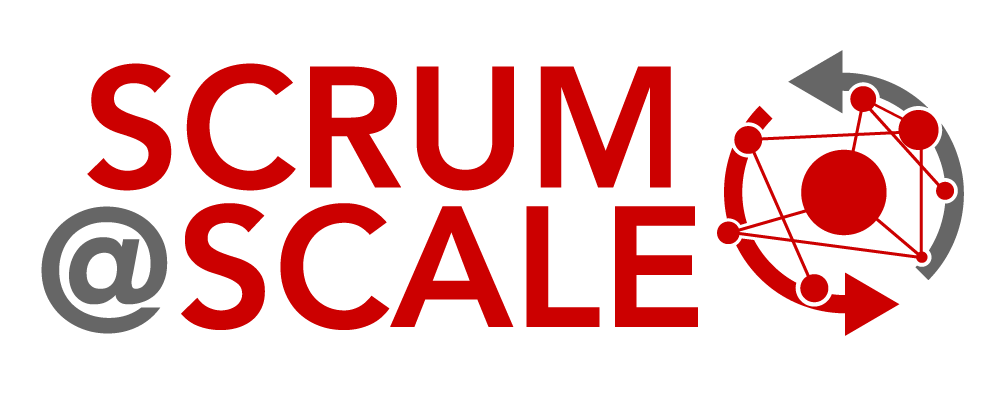Scrum@Scale Case Study
Transforming Our Future: Empowering Tomorrow’s Workforce Today! – Dr. Mark Buckner
In “Transforming Our Future: Empowering Tomorrow’s Workforce Today!”, learn how Registered Scrum@Scale Trainer Dr. Mark Buckner significantly empowers youth for real-world challenges, time constraints, and success by applying Scrum@Scale and Agile practices to robotics competition teams.
CASE STUDY SNAPSHOT
Organization: NDA
Organization Size: First Robotics
Industry: Education
Topic: Organizational Culture
Date: February 2021
Website: https://www.linkedin.com/in/mark-buckner-6391b411/
Case Study Summary
In “Transforming Our Future: Empowering Tomorrow’s Workforce Today!”, learn how Registered Scrum@Scale Trainer Dr. Mark Buckner significantly empowers youth for real-world challenges, time constraints, and success by applying Scrum@Scale and Agile practices to Robotics competition teams.
SUMMARY: A Force for Good with Scrum@Scale
Imagine your company must take a product from idea to implementation in six short weeks…not challenging enough? Add to that a significantly constrained budget, the team changes every year, and members have limited experience and skills, making cross-functional teaming difficult. Not to mention, all the team members are 14-18 years old. Despite these challenges, Mark’s goal is “Transforming our future by empowering tomorrow’s workforce today”, where he applies his 32 years of experience in research laboratory experiments and using Agile practices to coaching youth robotics teams for the International FIRST Robotics Championship. More than 18,000 students from around the globe step up to the challenge of competing in the contest.
The Solution: We run our “Team” like an Agile Startup
For this reason, Registered Scrum@Scale trainer Dr. Mark Buckner runs his robotics teams like an Agile Startup. On account of a short six-week schedule, they employed one-week sprints with two-week releases, and implemented weekly scaled sets of demos and team retrospectives. Because of this, the leadership team sets priorities for the coming week. Every student eventually learns all the skills required for cross-team coordination. They also maximize their knowledge with parallel exploration and integrate after every sprint. Furthermore, they use guilds and chapters to improve team skills in the off-season. The team members involved are learning much more than robotics skills. Scrumming the whole process gives team members not only hard skills, but also soft skills to enable them to plug in post-high school on a high-performance research team at a university, start their own business, or enter the workforce.
Outcomes from Implementing Scrum@Scale
We cannot build the future for our youth, but we must build our youth for the future.
- As shown above, a fully functional robot from ideation to implementation in just six weeks.
- Team members learned both the hard and soft skills for real-world success.
- All team members generally learned all the skills for needed cross-team coordination.
- 14-18-year-olds are further empowered with the skills and experience for future success.
Who Is Mark Buckner
Dr. Mark Buckner has over 32 years of experience in R&D leadership, strategic planning, coordination, and execution. As a Distinguished Research Scientist at Oak Ridge National Laboratory, he was also responsible for the strategic and tactical direction of teams of innovative cross-disciplinary scientists and engineers conducting R&D in support of strategic government, commercial, and U.S. national security needs.
In his free time, he additionally serves as Chairman of TNFIRST Team Development Committee and Lead Mentor of FIRST Robotics Competition Team 4265 Secret City Wildbots.



